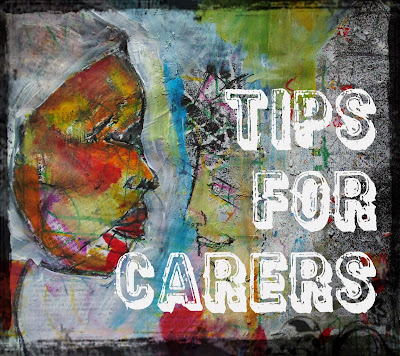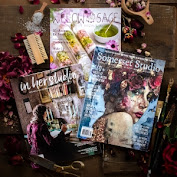Listen to the Podcast
I started the Tips for Carers series as part of another challenge and I wanted to document some of the things that I had found helpful for me as a carer. They were practical things that when you are in the midst of your situation can be something in you tool kit that you could use.
I was determined to do everything myself when I first started on my journey as a carer. I was going to be the one to get mum better, I didn't understand that has the disease progressed mum's ability to do things for herself would decrease. I also did not want to ask for help or assistance because I felt that if I showed any weakness I would be judged by others and then mum would be taken away from us.
It is interesting that as a grown woman I felt that my power base was conditional with others having the power to step in and make decisions that could affect me and my mother - at the end of the day they have and they could and say that they are making these decisions 'in her best interest'. We have all heard of cases where decisions were made based on a 30 minute discussion that might not have happened cause the person didn't feel like talking and 5 people looking at notes then coming to a decision that the person should be institutionalized.
I know mum was an adult but she was becoming increasingly unable to look after herself and I was once told by a member of staff that one of the ways that I would receive help would be to say that I was unable to cope and wouldn't care for mum anymore in order to gain more points on the form that she had to fill in. For me the line was too fine and I couldn't make that statement. I asked her why there couldn't just be the offer of help and she said on the face of it I seem to be coping and the one who shouts loudest gets the help the quickest - so my acting skills could have got me an award but not the additional help we needed at the time.
So I soldiered through and tried to be there for everyone and put myself to the side I became emotionally drained and a lot to deal with.
As time went on we had to call the social workers in, we couldn’t do it on our own, we needed help and we needed to ask, it was my sister who prompted it and in they came and my fears were subdued. I did meet some social workers that left a lot to be desired and one who actually tried to over turn all the help that other social workers had put in place for mum, that was a battle and a half that I was prepared for when the time came. I got involved with a range of carers groups and found that sharing my story actually helped with the feelings of isolation. I didn't always want to do it, but I realized that it helped my own health when I gave myself a break
One of the key things you have to understand, that asking for help is not a sign of weakness or failure, and the more you try and carry the weight of the world on your own the more you put the life of the person that you are caring for in jeopardy. What will happen to them if you are taken ill or another crisis comes up, you leave yourself without a network that you can call on and you leave them in a vulnerable position.
Another useful key would be to learn how to step back and see your situation and circumstance. When I looked after mum I started out thinking that I had to occupy her every waking moment and really stressed myself out. I realized that there maybe times that she would just like to sit and relax listening to music, or just have a chat with her, read a book to her and it was enough, I didn't have to be all singing and dancing and could take a breather every now and then.

It is important to think about where you fit in all of this and what are your needs and the tips addressed some of these points. The more organised you are the more you flexibility you will have, as I said earlier if you have someone you can call on that can step in for an hour or two. We signed mum up for a day care center, and it was one of the best things that happened. Initially it was 2 days a week 9am to 4pm, then we were lucky to have it extended to 5 days a week, and it made a big difference to not only her health and well-being, for her she felt that she was going into work and that she was part of the staff. She often complained that she didn't think they were paying her what she deserved but I assured her that her work was valued by all who worked there.
If you can put in place a support network you have to also learn to
savor the time that you have when you can get a break and do something for yourself. The tips also included
making long term plans and looking at ways to get the maximum out of your day to day and you can check out the list
HERE.
As an artist one thing I relied heavily on was my creativity. I got my art journal and every day I did something. I didn’t have the capacity to sit down for hours creating but I gave myself a minimum of 20 mins, or when mum was having a rest with her feet up after coming in from the Day center I would get out my art journal and give her some supplies to create if she wanted to or just relax.
During the tough times, where it felt that mum wouldn’t do what I needed her to do such as get ready for a doctors appointment, I would step away from the situation and take 5 minutes out. The exercise gets you to go to an imaginary place where you are surrounded by peace and it only takes 5 minutes but you feel refreshed. I would then go back to the situation and mum as if it were my first time asking her – mum would then get ready as I had asked her to do without any problem - it took stepping away from the situation to be able to work through it.
If you are a carer what would be your top 5 tips, I always say that you never really understand what it takes until you are in it yourself. How have you utilized the help that you may have in your community, do you have any social help at all. When you think back over your situation what would you do differently?
Tomorrow I will share the second part from my
Tips for Carers. I hope during this month you find some time to challenge, be creative and stretch yourself.
Why not join me each day for the rest of October as we dive into to some exciting challenges and look at ways in which they can impact on your own life.
I look forward to seeing you tomorrow, it is never too late to start! The main thing is to take one step at a time and do something that you find interesting.
Stay blessed and be a blessing.







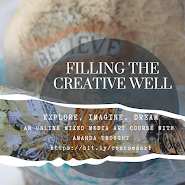

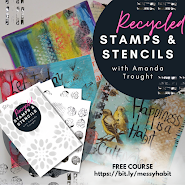

















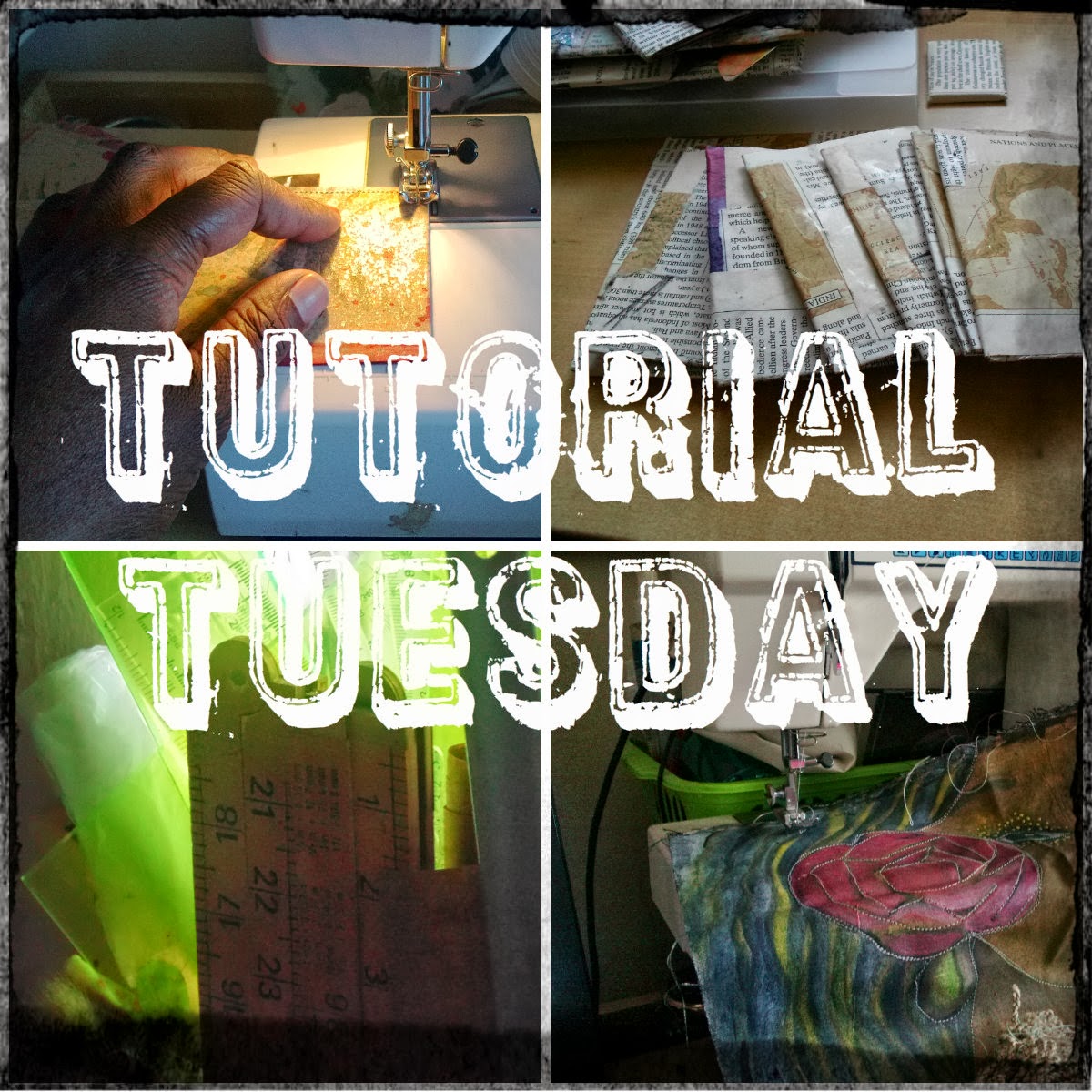













.png)


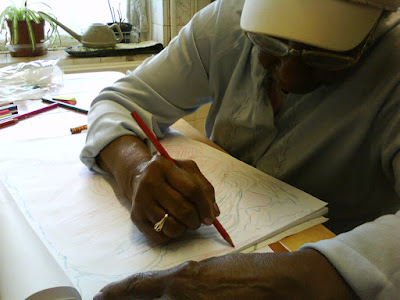
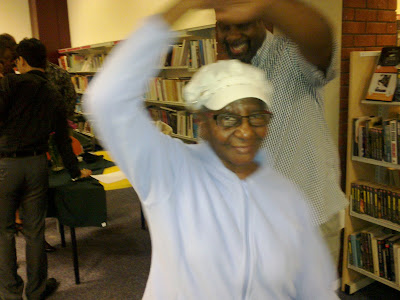
.png)

